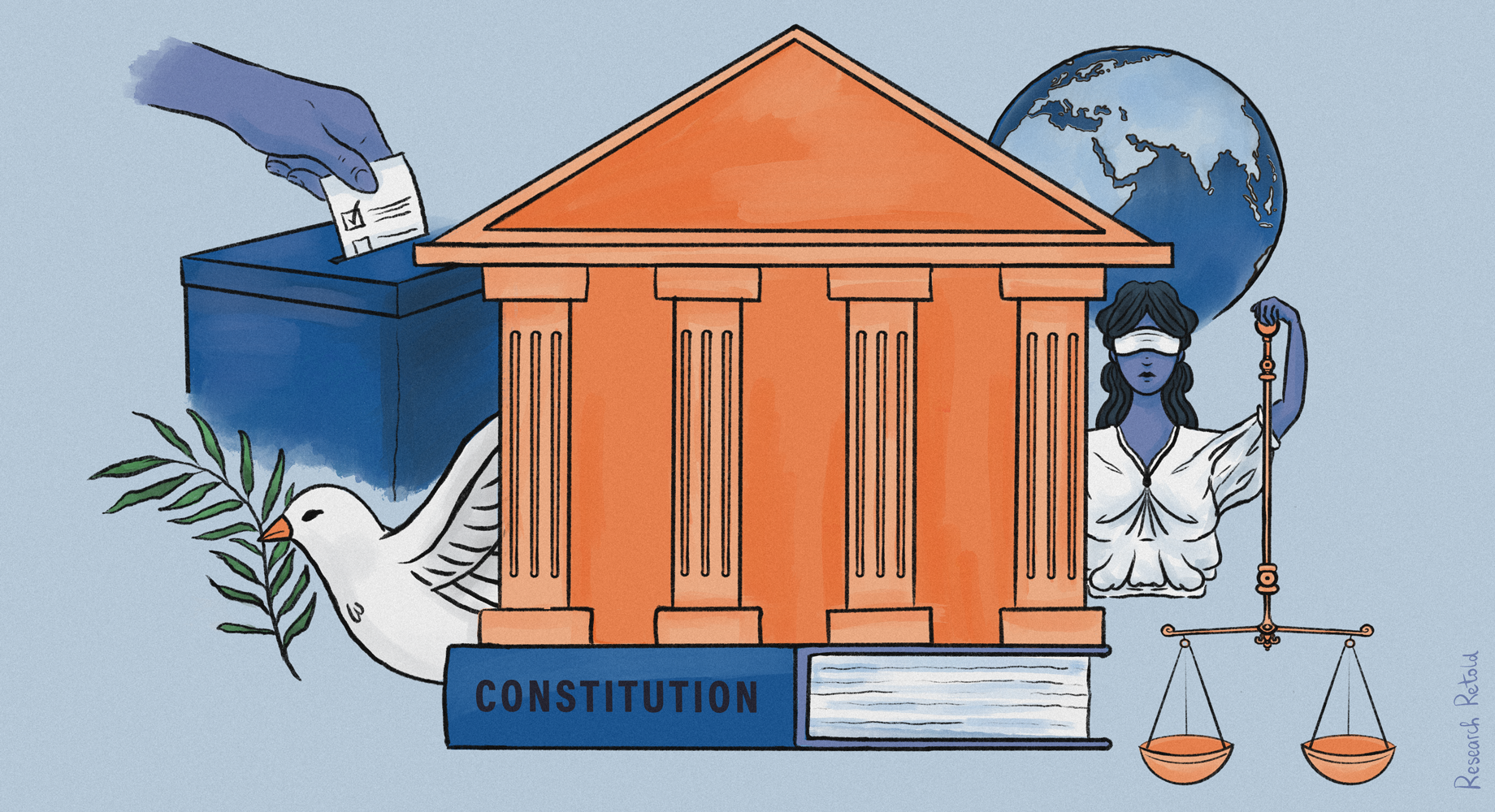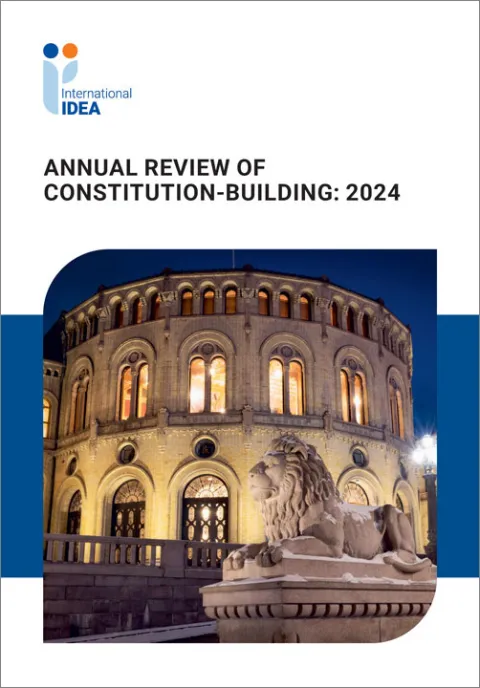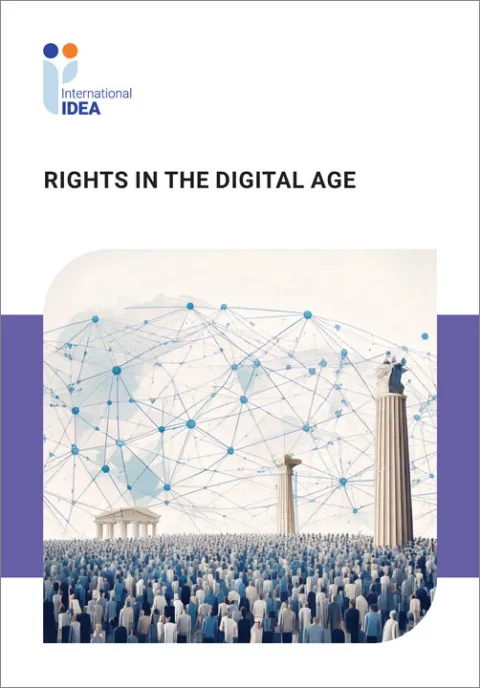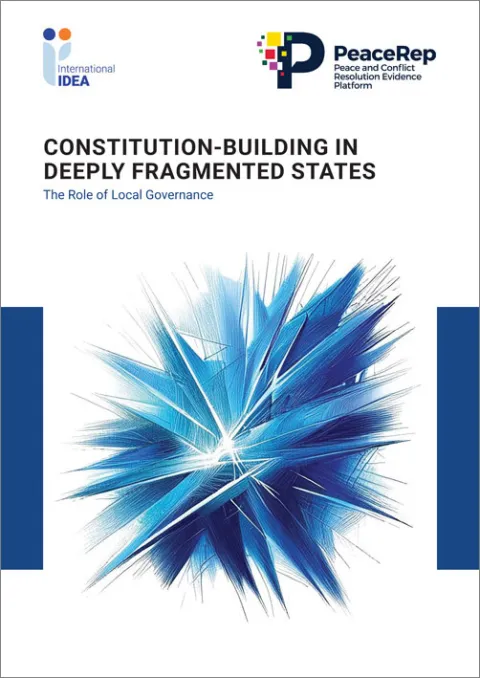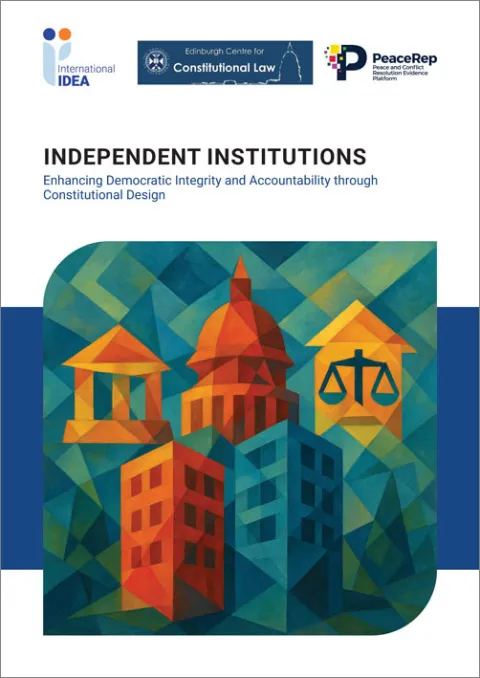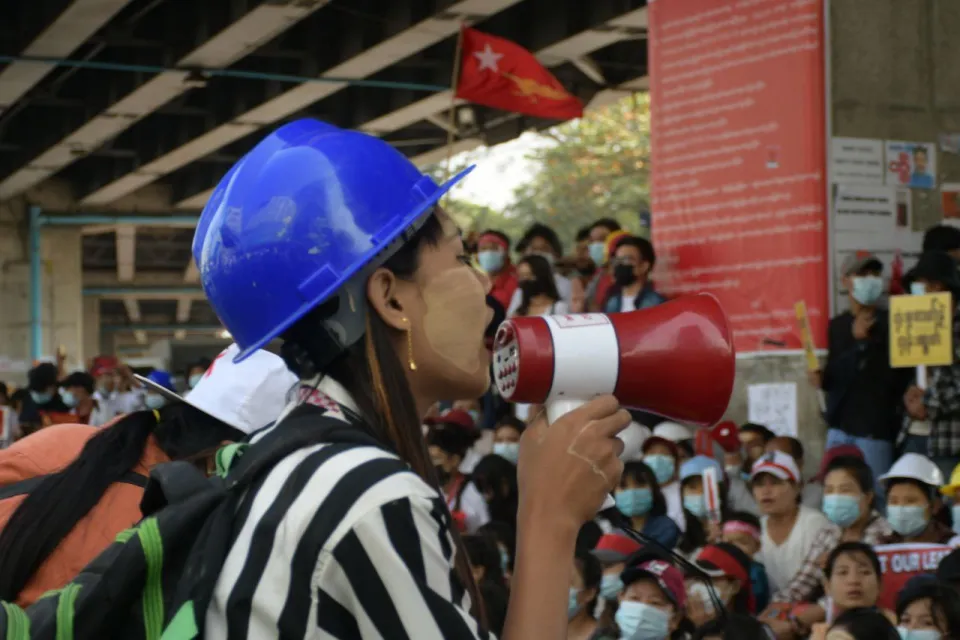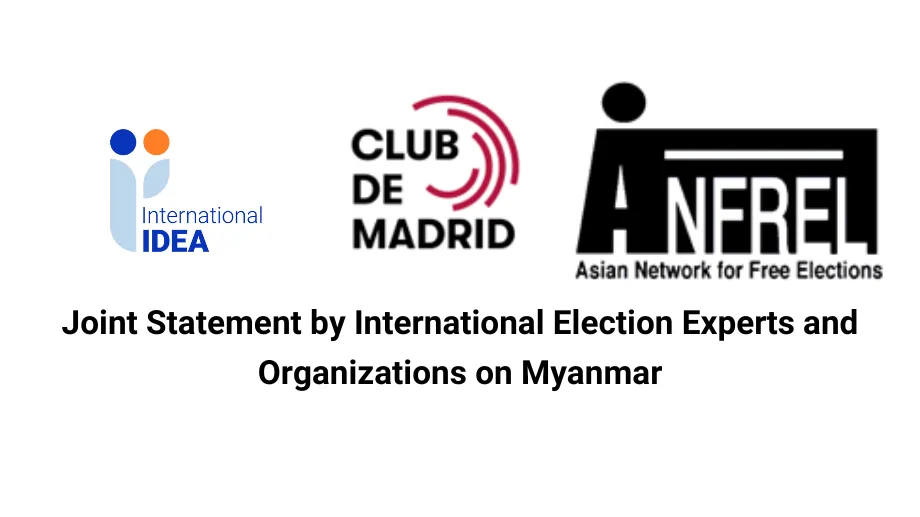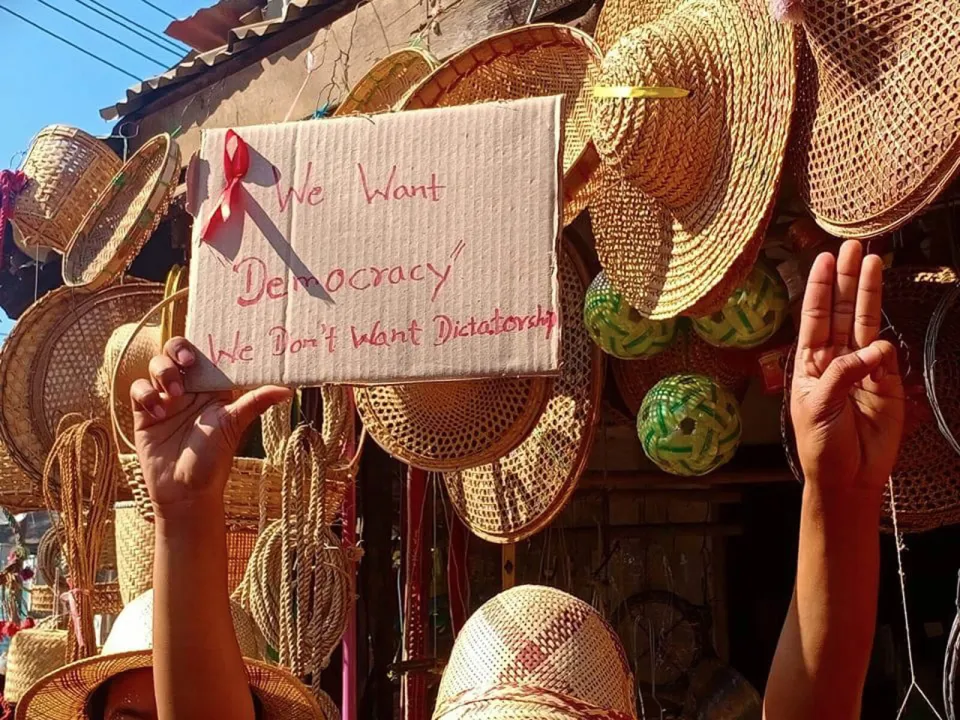Interim Governance Arrangements
The background to this brief is the context of the military coup in Myanmar in February 2021, and the declaration of a state of emergency by the military, which has effectively set aside the 2008 Constitution and the elections held under it. The coup has been rejected by the international community as illegitimate and has generated a strong civil disobedience and protest movement, and those elected in November 2020 have formed interim institutions aiming to move towards a democratic order. The military have also recently re-termed their post-coup regime as a ‘provisional government’.
This brief sets out some comparative principles and practices of interim governance arrangements, which are a device often used to move on from crisis. The brief does not purport to offer direct advice as to the way forward in Myanmar, as that will be for all the relevant stakeholders in the country to agree. Rather, it seeks to support deliberation, and some questions for this purpose are provided at the end of the brief.
Details
Contents
Introduction
1. Interim governance arrangements: what are they?
2. Who should be the government in an ‘interim governance arrangement’?
3. Constitutional context and challenges
4. Other important issues to consider
5. International interests and involvement
6. How do the options for constructing transition relate to the current structures in Myanmar?
7. A moment for mediation or a moment for new constitutional thinking?
8. Transitions as opportunities for charting agendas for change
9. Key questions for deliberation
References
Give us feedback
Do you have a question or feedback about this publication? Leave us your feedback, and we’ll get back to you
Send feedbackInterim Governance Arrangements
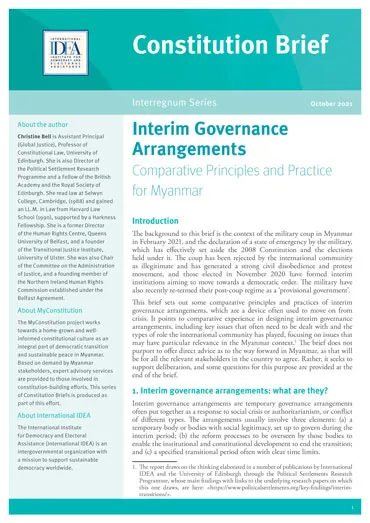
| Total views | 5138 |
|---|---|
| Downloads | 80 |
| Rating |
Give us feedback
Do you have a question or feedback about this publication? Leave us your feedback, and we’ll get back to you
Send feedback